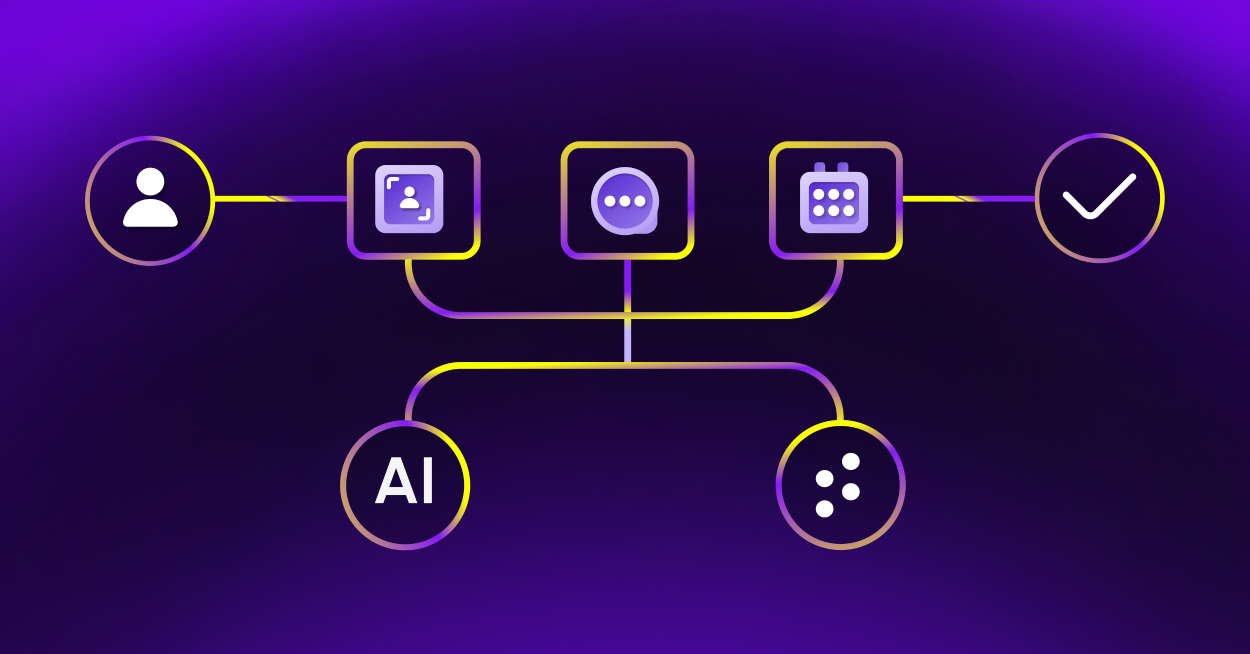
For candidates, few things feel worse than being evaluated by a “black box.” When they’re unsure how or why decisions are made, confidence drops — and skepticism rises. As AI becomes more common in recruiting workflows, organizations must do more than just deploy technology efficiently; they must also earn and maintain trust.
A 2024 study found that when job ads disclose the use of AI and explain its role in the hiring process, candidates respond more positively and are significantly more likely to apply. [Journal of Business and Psychology, 2023]. The message is clear: transparency fuels confidence. But transparency alone isn’t enough — it must be reinforced with consistent communication and actionable feedback.
Start every candidate relationship with clarity. Disclose where and how AI is used — whether in résumé screening, interview scheduling, or video analysis. Avoid jargon and focus on plain, reassuring language, such as:
“We use AI to help prioritize applications, but every decision is reviewed by a recruiter.”
This type of framing reminds candidates that humans are still part of the process, balancing efficiency with empathy. It also positions your organization ahead of compliance expectations in regions like New York City and Illinois, where new laws require disclosure around automated decision tools. [NYC DCWP, 2023; Illinois AI Video Interview Act, 2020].
Candidates don’t just want communication — they expect it. Silence quickly breeds distrust. According to Criteria’s Candidate Experience Report (2024), one-third of applicants feel “ghosted” after only one week without an update.
To combat this, set and honor communication SLAs (service level agreements). Even a brief update — “We’re still reviewing your application and will reach out soon” — can dramatically improve perception. Regular check-ins show respect for a candidate’s time and emotional investment, and they keep your brand experience consistent regardless of where automation plays a role.
Feedback remains one of the weakest points in most hiring processes. The Talent Board (2023) found that a lack of feedback continues to be a top driver of negative candidate experiences.
Even simple, standardized feedback can make a huge difference. Consider offering:
These efforts show that your organization values every applicant’s time and effort.
Building trust in an automated process isn’t just good ethics; it’s good business. The impact reaches far beyond candidate satisfaction:
AI can accelerate hiring but it can’t replace human connection. Trust is earned through openness, communication, and respect.
By committing to transparent disclosures, regular communication cadences, and feedback pathways that empower candidates, TA leaders can turn automation from a potential liability into a competitive advantage.
Take a candidate’s-eye view of your hiring process. Where might they feel uncertain, anxious, or left in the dark? Identify those gaps and close them before layering on more automation. Because in the age of AI, clarity and compassion are your strongest differentiators.